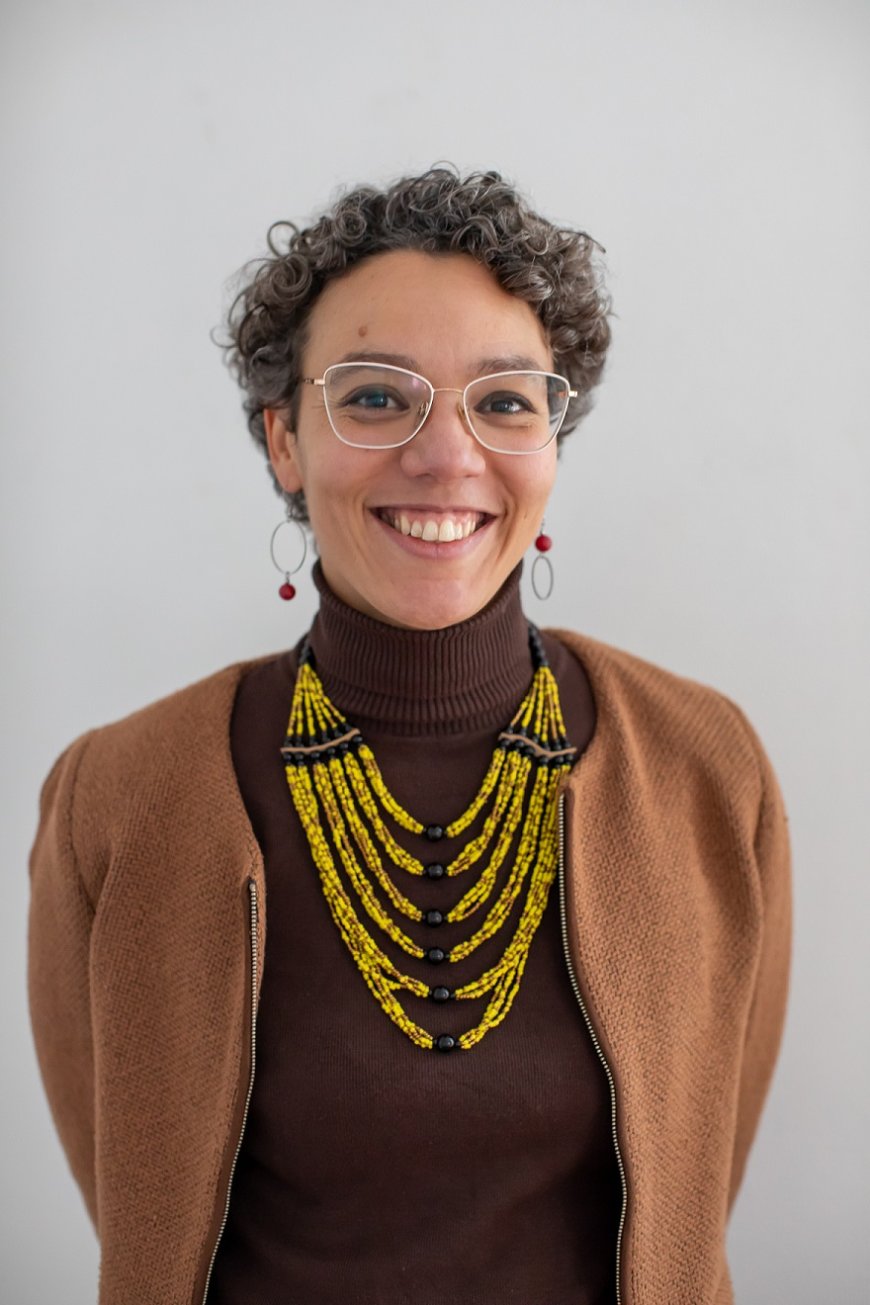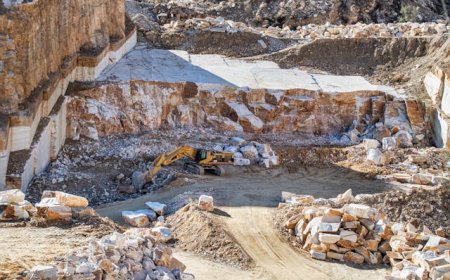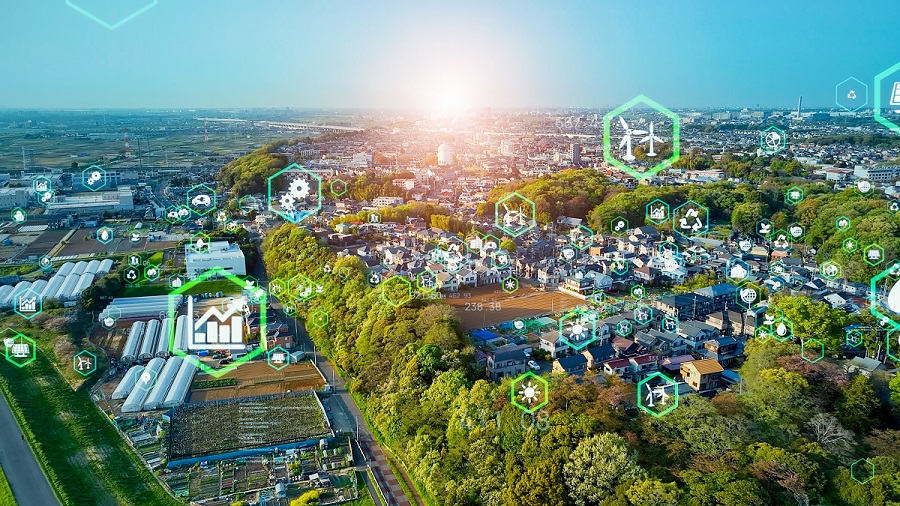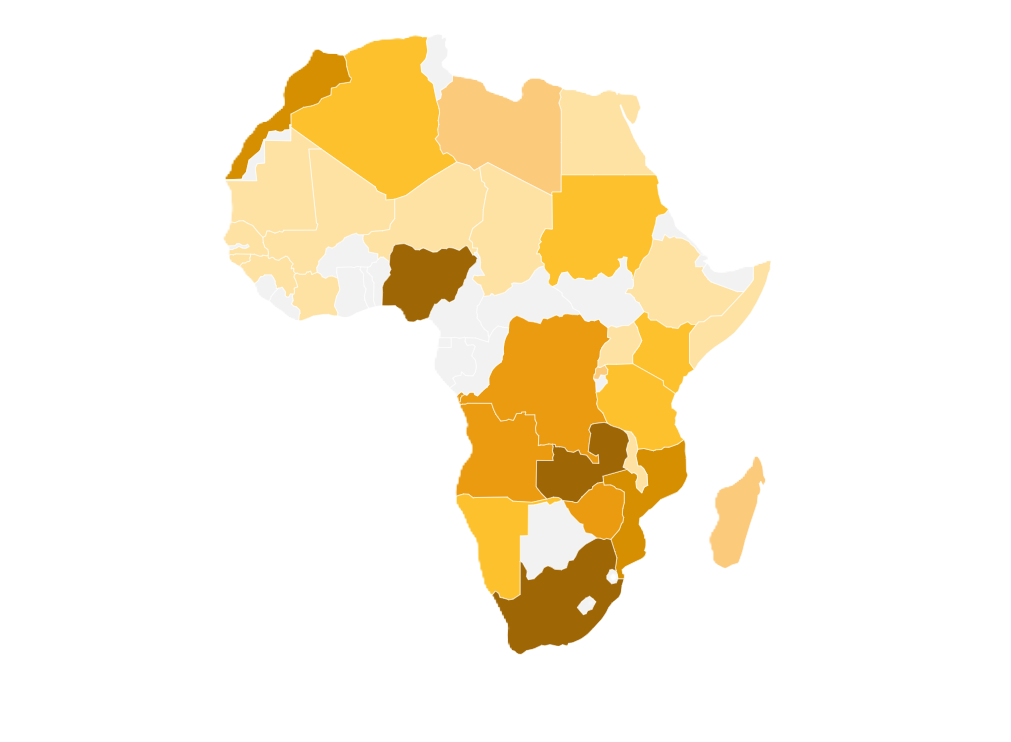As I embark on a new journey as the Senior Fellow and Head of the Geopolitics Program at APRI, I find myself reflecting on the transformative journey Africa has undergone in terms of its global image and positioning over the past two decades.
With a growing population and significant economic potential, Africa has come into sharp geopolitical focus. By 2030, the continent is projected to account for 20% of the global population, with a digitally savvy youth demographic making up 70% of its population, marking it as the world’s second-fastest-growing economic region with a projected expansion of 4% in 2024. Africa’s strategic importance is further underscored by its vast reserves of critical raw materials like lithium, cobalt, and rare earth metals, essential for the global energy transition.
Behind the promising "Africa Rising" narrative, however, lies a reality fraught with challenges – including the effects of Russia’s invasion of Ukraine, post-COVID-19 recovery, climate change impacts, escalating food insecurity, political instability, and uneven growth.
These pressures demand from African states a steadfast commitment to fulfilling the economic, social, and political aspirations of their societies. Each of the 54 African countries is navigating multifaceted transitions across political, social, technological, ecological, and industrial landscapes. Africa's strategic position is further complicated by the involvement of major global powers, presenting a mix of competitive and cooperative dynamics for geopolitical influence. This evolving geopolitical landscape has also offered opportunities for African governments to broaden their international partnerships by engaging with a diverse array of countries beyond their “traditional” partners. At the multilateral level, the African union is now a permanent member of the G20.
At this pivotal moment, a critical question remains: How well do African stakeholders align their external partnerships with their national, regional, and continental priorities to broaden and enhance their policy autonomy and strategic independence? Joining APRI, I am eager to explore this question, analysing how, in a multipolar world, Africa’s partners should adapt their policies, discourses, and practices, centering Africa’s agency. APRI, as an independent African think tank based in Berlin, occupies a unique position from which it can amplify African perspectives in geopolitical debates and strive to anchor African views and voices in Europe and beyond.
Africa has long advocated a transformation of the global governance architectures. Transforming institutions, is, however, a gradual and long-term endeavour, as evidenced by the efforts to reform the United Nations Security Council. Meanwhile, African countries continue to explore alternative avenues to form coalitions – driven by shared interests, challenges, and resources – to advocate for their interests. As a peace and security analyst, I have closely observed the emergence of ad hoc military state coalitions at regional levels. In another arena, coalition-building is further highlighted by the inclusion of Egypt and Ethiopia in the BRICS group, marking a significant shift in the continent’s approach to international relations and cooperation.
This period of transition calls for a collective and consistent effort from all African stakeholders, including civil society organisations (CSOs), private sectors, youth, and women, to shape and drive their agenda and leverage opportunities for strategic collaborations and partnerships. Exploring the political, economic, and social incentives behind this African agency is essential.
As a consequence, I am delighted to join the innovative and dedicated team at APRI to set up this programme at the intersection of politics, economics, climate, and energy issues. In line with APRI’s other programmes, I intend to enhance public and private dialogue on geopolitics, support evidence-based analysis, and provide a platform of engagement for European, African, and global policymakers, as well as researchers, business leaders, and CSOs. I will work diligently to infuse an African perspective into ongoing and future collaborations with European countries and other partners, advocating for relationships that align with mutually beneficial partnerships, specifically in areas such as energy transition and climate diplomacy. Together with APRI’s team, I am committed to contributing to a vibrant space for discussion, collaboration, and policy innovation, shaping a future where Africa’s voice is heard, respected, and integrated into the global geopolitical environment.




